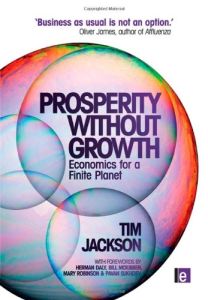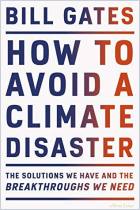
Read or listen offline
Recommendation
Gross domestic product (GDP) is a common measure of economic growth. But GDP fails to account fully for the ecological damage that growth wreaks. By prioritizing economic growth, societies based on capitalism permit excessive consumption of oil and other finite natural resources. Growth promotion, for example, has led to an orgy of deregulation that is depleting vital resources and compromising air and water quality. One of the 21st century’s major challenges will be learning to accommodate capitalism without allowing the climate to suffer unsustainable damage. Professor of sustainable development Tim Jackson questions the ecological impact of product innovation, labor productivity and other pillars of modern capitalism. And he’s as thorough as a scientist should be, right down to the mathematically rigorous appendix. The form is good – and so is the content. getAbstract recommends this innovative book to readers seeking insight into the governance and policy challenges of spreading prosperity while safeguarding the environment.
Take-Aways
About the Author
Tim Jackson is Economics Commissioner on the Sustainable Development Commission, an independent adviser to the U.K. government. He teaches at the University of Surrey and directs the University’s Research group on Lifestyles, Values and Environment.

















Comment on this summary or Start Discussion